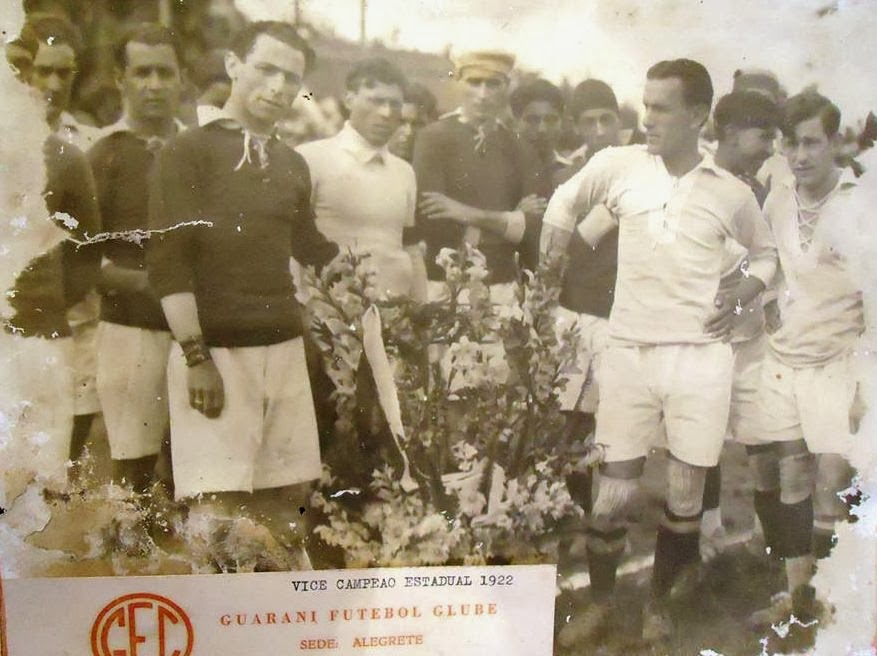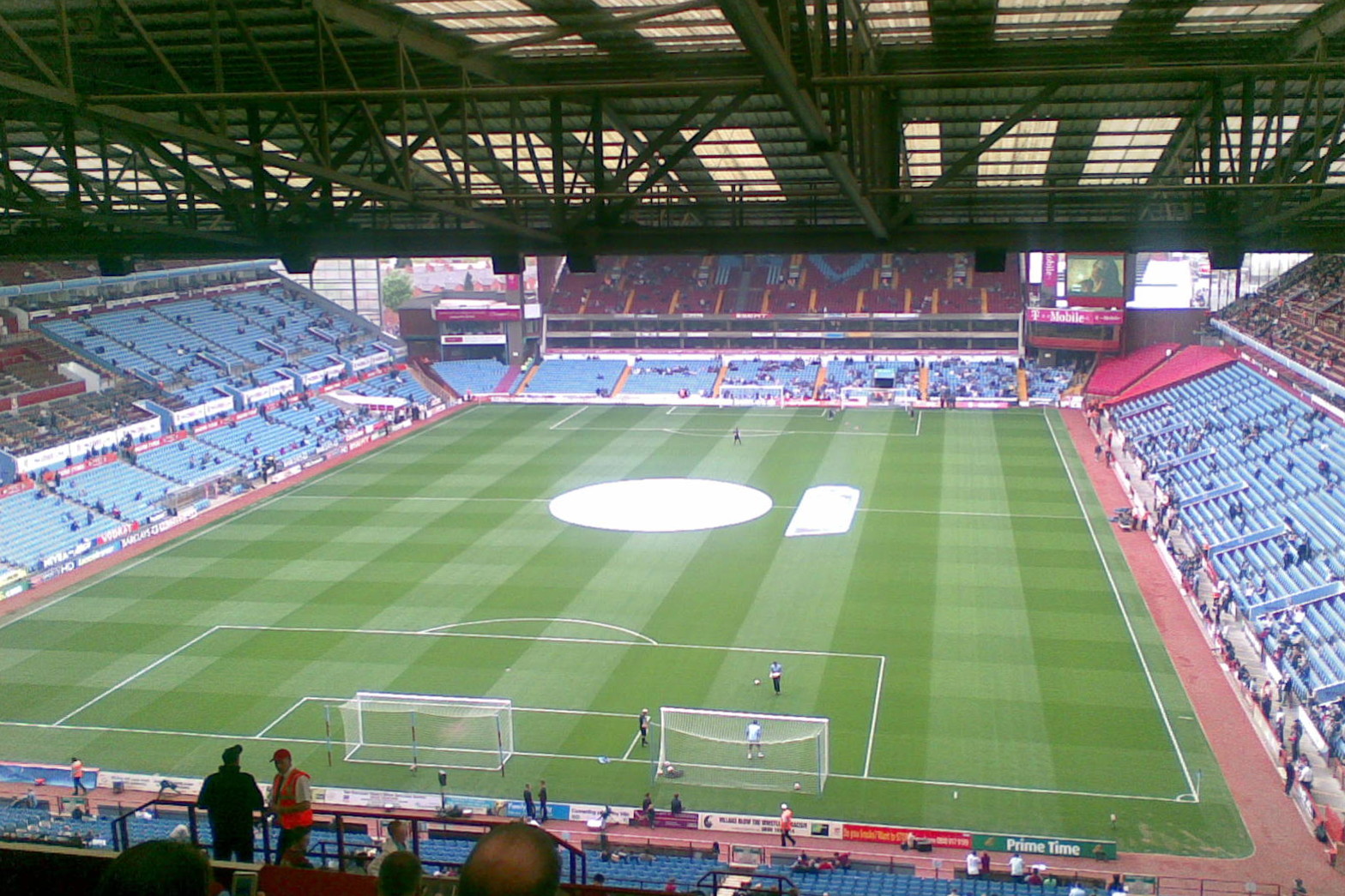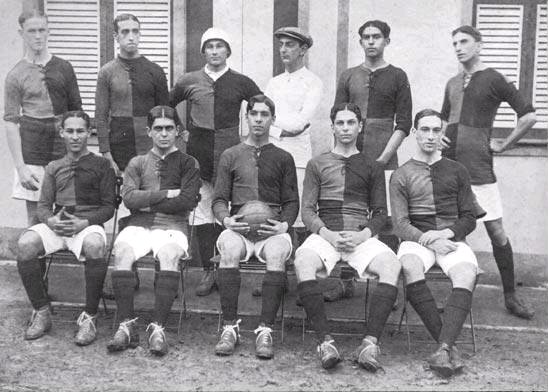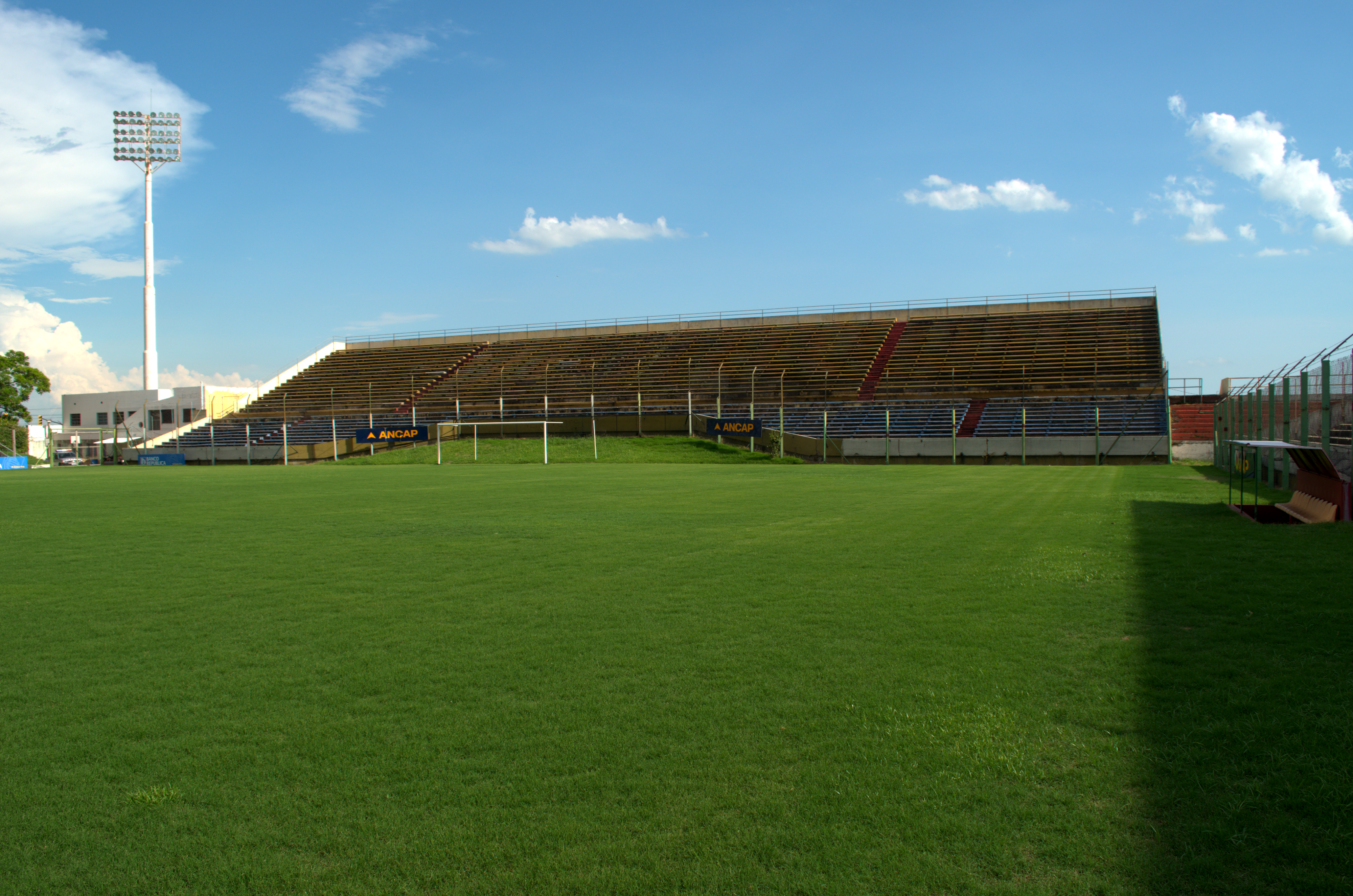|
André Cruz (Brazilian Footballer)
André Alves da Cruz (born 20 September 1968) is a Brazilian retired footballer who played as a central defender. He played for several clubs in Brazil and Europe, and also represented the Brazil national team, taking part in the 1989 and 1995 Copa América tournaments, and the 1998 FIFA World Cup, as well as the 1987 Pan American Games and the 1988 Summer Olympics. Club career Cruz began his playing career with Brazilian clubs Ponte Preta and Flamengo, before moving to play football in Europe. He initially joined Belgian club Standard Liège, but later also played in Italy, where he represented Napoli, AC Milan, and Torino. He subsequently joined Portuguese side Sporting CP, before moving back to Brazil, where he played with Goiás and Internacional before ending his career. International career André Cruz made 47 appearances (12 in non-official matches) with the Brazil national team between 1988 and 1998. With the Brazil under-20 side, he won a gold medal at the 1 ... [...More Info...] [...Related Items...] OR: [Wikipedia] [Google] [Baidu] |
Piracicaba
Piracicaba ( ) is a Municipalities of Brazil, Brazilian municipality located in the Interior of São Paulo, interior of São Paulo (state), São Paulo state, in the Southeast Region, Brazil, Southeast Region of Brazil. It serves as the main city of the Metropolitan Region of Piracicaba (RMP) and is situated approximately northwest of the state capital, São Paulo. Covering an area of just over , with around classified as urban area, Piracicaba has a population of 438,827 inhabitants, making it the List of municipalities in São Paulo, 13th most populous municipality in São Paulo state. Established in 1767 along the banks of the Piracicaba River (São Paulo), Piracicaba River, a vital water source for the region, Piracicaba saw significant agricultural development during the 19th century, particularly in sugarcane and coffee cultivation. However, the early 20th century brought economic decline due to the collapse of the Brazilian coffee cycle, coffee cycle and falling sugar pric ... [...More Info...] [...Related Items...] OR: [Wikipedia] [Google] [Baidu] |
Football At The 1988 Summer Olympics
An association football tournament was played as part of the 1988 Summer Olympics in South Korea, featuring 16 men's national teams from six continental confederations. The teams were drawn into four groups of four with each group playing a round-robin tournament. At the end of the group stage, the top two teams advanced to the knockout stage, beginning with the quarter-finals and culminating with the gold medal match at the Seoul Olympic Stadium on 1 October 1988. Before the final match, the Soviet team relocated from the Olympic Village to a Soviet steamship stationed nearby. After winning the gold medal, each player from the Soviet team received 15 thousand dollars from the Soviet government. Venues Qualification The following 16 teams qualified for the 1988 Olympics football tournament: Participating nations A total of 314 footballers from 16 participating nations were called up to the Games, with 268 having played in at least one match. Tunisia used the most players o ... [...More Info...] [...Related Items...] OR: [Wikipedia] [Google] [Baidu] |
Belgian Cup
The Belgian Cup (; ; ) is the main knockout football competition in Belgium, run by the Royal Belgian FA. The competition started in 1908 with provincial selections as the "Belgian Provinces Cup". Starting from 1912 only actual clubs were allowed to partake. As of 1964, the Belgian Cup has been organised annually. Since the 2015–16 edition, the Belgian Cup is called the Croky Cup, for sponsorship purposes. The final traditionally takes place at the Heysel Stadium in Brussels. The most successful cup club is Club Brugge with 12 Belgian Cups in their possession. The current champions are Club Brugge, having beaten rivals Anderlecht 2–1 in the 2025 final. The winners are awarded a challenge cup and qualify for the UEFA Europa League and the Belgian Supercup. History First national cup competitions The first cup competition ever in Belgium was held in 1907–08 but the teams were not actual teams but were provincial selections. The winner would be awarded a silver trophy ... [...More Info...] [...Related Items...] OR: [Wikipedia] [Google] [Baidu] |
Campeonato Gaúcho
The Campeonato Gaúcho (English: Gaúcho Championship), officially named as Campeonato Gaúcho de Futebol Série A and commonly known as the Gauchão or the Gauchão Ipiranga (company), Ipiranga for sponsorship reasons, is the top-flight professional State football leagues in Brazil, state football league in the Brazilian States of Brazil, state of Rio Grande do Sul. It is run by the Federação Gaúcha de Futebol, Rio Grande do Sul Football Federation (FGF). The Grenal, rivalry of two of the better-known Brazilian teams (Grêmio Foot-Ball Porto Alegrense, Grêmio and Sport Club Internacional, Internacional) have a significant impact in the history of the tournament. Since 1940, the Grenal duo did not win the title on just four occasions: the defunct Grêmio Esportivo Renner, Renner was champion in 1954, Esporte Clube Juventude, Juventude almost 44 years later in 1998, Sociedade Esportiva e Recreativa Caxias do Sul, Caxias, in 2000, under Tite (football manager), Tite's command, ... [...More Info...] [...Related Items...] OR: [Wikipedia] [Google] [Baidu] |
1990 Copa Do Brasil
The 1990 Copa do Brasil was the second edition of the Copa do Brasil. The competition started on June 19, 1990, and ended on November 7, 1990, with the second leg of the final, held at the Estádio Serra Dourada in Goiânia, in which Flamengo lifted the trophy for the first time with a 0–0 draw with Goiás. Bizu, of Náutico, with seven goals, was the competition's top scorer. Format The competition featured 32 clubs in a knock-out format, where all rounds were played in two legs and the away goals rule applied. Participating teams Competition stages Finals ---- References Copa do Brasil 1990 at RSSSF {{DEFAULTSORT:Copa Do Brasil 1990 1990 Important events of 1990 include the Reunification of Germany and the unification of Yemen, the formal beginning of the Human Genome Project (finished in 2003), the launch of the Hubble Space Telescope, the separation of Namibia from South ... 1990 in Brazilian football 1990 domestic association football cups ... [...More Info...] [...Related Items...] OR: [Wikipedia] [Google] [Baidu] |
Copa Do Brasil
The Copa do Brasil () is a knockout football competition played by 92 teams, representing all 26 Brazilian states plus the Federal District. It is the Brazilian domestic cup and it is the Brazilian equivalent of the FA Cup, Taça de Portugal, Copa del Rey, Scottish Cup and Copa Argentina, even though it has much more prestige and is considered almost as important as the Brazilian League, as the prize money is higher than the ''Brasileirão'''s. The Copa do Brasil is an opportunity for teams from smaller states to play against the big teams. The winner of the cup automatically qualifies for the following edition of the Copa Libertadores de América, the most prestigious continental football tournament contested by top clubs in South America organized by CONMEBOL. Initially the Copa do Brasil was contested by 32 clubs. The field increased to 40 in 1996, increased to 69 by the year of 2000, and stabilized at 64 after 2001 which it remained at until 2012. Clubs from all 26 Braz ... [...More Info...] [...Related Items...] OR: [Wikipedia] [Google] [Baidu] |
Umbro Cup
The Umbro Cup was a Friendly matches, friendly international Association football, football competition that took place in England in June 1995. The trophy was sponsored by the sports equipment brand Umbro, the manufacturers of the England national football team, England national team's kit. Host nation England, Sweden men's national football team, Sweden, Japan national football team, Japan and 1994 FIFA World Cup, world champions Brazil national football team, Brazil participated in the tournament. Brazil were the eventual champions, after winning all three of their games. The staging of the competition served as a rehearsal for England's hosting of UEFA Euro 1996 the following summer. Matches took place at Wembley Stadium (1923), Wembley Stadium, Elland Road, Goodison Park, Villa Park and the City Ground. Background England did not compete in the 1994 FIFA World Cup due to coming third in 1994 FIFA World Cup qualification – UEFA Group 2, Group 2 in the qualifying round. This ... [...More Info...] [...Related Items...] OR: [Wikipedia] [Google] [Baidu] |
Clube De Regatas Do Flamengo
Clube de Regatas do Flamengo (; ), more commonly referred to as simply Flamengo, is a Brazilian multi sports club based in Rio de Janeiro, in the neighborhood of Gávea. It was founded and named after the Flamengo, Rio de Janeiro, Flamengo neighborhood and is best known for their professional association football, football team. They are one of two clubs to have List of unrelegated association football clubs, never been relegated from the Campeonato Brasileiro Série A, top division, along with São Paulo FC, São Paulo and is the most popular football club in Brazil with more than 46.9 million fans, equivalent to 21.9% of the population that supports a team in Brazil. The club was first established in 1895 specifically as a Rowing (sport), rowing club in the Flamengo neighborhood and did not play their first official football match until 1912. Flamengo's traditional uniform features red and black striped shirts with white shorts, and red and black striped socks. Flamengo has ... [...More Info...] [...Related Items...] OR: [Wikipedia] [Google] [Baidu] |
1998 FIFA World Cup
The 1998 FIFA World Cup was the 16th FIFA World Cup, the Association football, football world championship for List of men's national association football teams, men's national teams. The finals tournament was held in France from 10 June to 12 July 1998. The country was chosen as the FIFA World Cup hosts#1998 FIFA World Cup, host nation by FIFA for the second time in the history of the tournament (the first was in 1938 FIFA World Cup, 1938), defeating Morocco in the bidding process. It was the ninth time that it was held in Europe. Spanning 32 days, it was the longest World Cup tournament ever held. 1998 FIFA World Cup qualification, Qualification for the finals began in March 1996 and concluded in November 1997. For the first time in the competition, the group stage was expanded from 24 teams to 32, with eight groups of four. 64 matches were played in 10 stadiums in 10 host cities, with the opening match and final staged at the newly built Stade de France in the Parisian comm ... [...More Info...] [...Related Items...] OR: [Wikipedia] [Google] [Baidu] |
1995 Copa América
The 1995 Copa América football tournament was staged in Uruguay. The host country, Uruguay, won it for a record-tying 14th time by beating Brazil 5–3 in the penalty shootout after a 1–1 draw in the final. All 10 CONMEBOL members took part, with Mexico and the United States invited in order to reach 12 teams. The United States was the surprise of the tournament, beating defending champions Argentina 3–0 and winning the group. The United States went on to defeat Mexico on penalties in the second round but then lost to Brazil 1–0 in the semi-finals. They then fell to Colombia 4–1 in the third-place game, finishing fourth overall. In this edition of the tournament, extra time was not played if a match was drawn after 90 minutes. Instead it went straight to a penalty shootout. Venues Squads For a complete list of all participating squads: '' 1995 Copa América squads'' Match officials Argentina * Javier Castrilli Bolivia * Pablo Peña Brazil * Márcio Rezende de ... [...More Info...] [...Related Items...] OR: [Wikipedia] [Google] [Baidu] |
1989 Copa América
The 1989 Copa América football tournament was hosted by Brazil, from 1 to 16 July. All ten CONMEBOL member nations participated. Brazil won their fourth Copa América, and first since 1949, by beating Uruguay 1–0 in the final match at the Estádio do Maracanã. This achievement ended a 19-year streak without official titles for the Brazilians. The last one had been in the 1970 World Cup. The final match between Brazil and Uruguay on Maracanã Stadium also marks exactly 39 years, on another 16 July since the FIFA World Cup 1950 Final. Moreover, Brazil was victorious in the Copa América after a 40-year hiatus, and this achievement ended Brazil's 19-year streak without an official championship since the 1970 World Cup. The top scorer was Brazilian Bebeto. He scored six times, including three in the final group stage. Venues Squads For a complete list of all participating squads, see: '' 1989 Copa América squads'' First round The tournament was set up in two groups of fiv ... [...More Info...] [...Related Items...] OR: [Wikipedia] [Google] [Baidu] |
Central Defender
In the sport of association football, a defender is an outfield player whose primary role is to stop attacks during the game and prevent the opposition from scoring. Defenders fall into four main categories: centre-backs, full-backs, sweepers, and wing-backs. The centre-back and full-back positions are most common in modern formations. The sweeper and wing-back roles are more specialised, often limited to certain formations dependent on the manager's style of play and tactics. Centre-back The centre-back (also known as a central defender or centre-half, as the modern role of the centre-back arose from the centre-half position) defends in the area directly in front of the goal and tries to prevent opposing players, particularly centre-forwards, from scoring. Centre-backs accomplish this by blocking shots, tackling, intercepting passes, contesting headers and marking forwards to discourage the opposing team from passing to them. Centre-backs are often tall and positioned ... [...More Info...] [...Related Items...] OR: [Wikipedia] [Google] [Baidu] |







